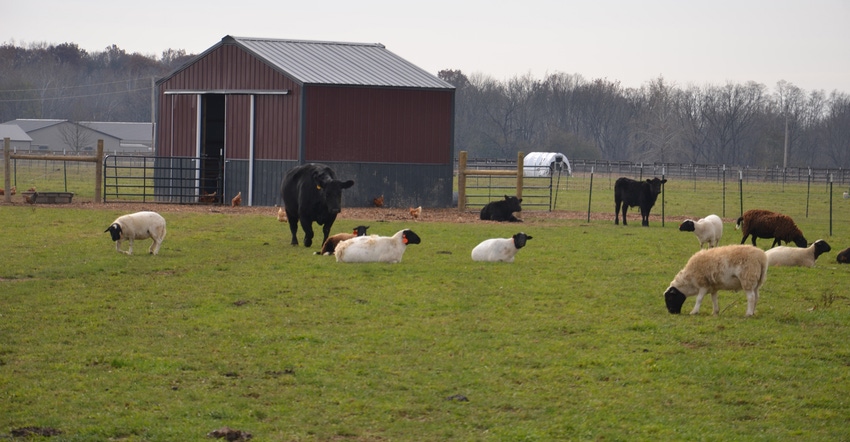March 4, 2019

Producing locally grown foods may not be for everyone, but it’s a growing niche market for both farmers who want to produce these products and consumers who want to buy them. Laws designed for large-scale food production or processing don’t always seem to make sense at the local level. Several bills introduced in the Indiana General Assembly this session acknowledge that locally grown food and locally produced products are growing parts of Indiana’s ag economy, and that sometimes common sense should prevail.
All these bills likely won’t make it through the sausage grinder. However, just the fact that a legislator drafted a bill addressing such an issue indicates that the trend toward local food continues gaining momentum with consumers who want to buy and farmers who want to produce.
Here’s a brief look at some of these bills and other bills related to food introduced this session. Thanks to Indiana Farm Bureau for providing information about these bills.
• Honeybees’ right to exist. Senate Bill 529 sets out to establish that counties, municipalities and townships can regulate honeybees in hives but can’t ban them. Interest in honeybees as a way to produce honey for someone’s own use or for others continues to pick up. Yet not everyone is comfortable having honeybees in their backyard.
• Selling honey. Senate Bill 530 intends to make sure honey produced by local hives and sold as raw or unprocessed honey is exempt from food establishment regulations. This would allow local producers to sell to local consumers without a certified kitchen.
• Meat is truly meat. House Bill 1414 deals with the larger issue of food products sold in any type of store being marketed as meat or poultry through labeling while it isn’t derived from harvested livestock or poultry. A product produced from tissue cultured in vitro from animal cells but sold as a meat product would also be considered mislabeled. Moreover, the bill states that a product is mislabeled if it doesn’t consist of milk from a cow, goat or other mammal, but the label implies it is a dairy product.
Indiana Farm Bureau legislative specialists note that while IFB supports food labeling, it believes this type of regulation should occur at the federal level.
• Direct-to-consumer sales. Senate Bill 232 would allow consumers to contract with local producers to supply them with food that would not be subject to inspection. However, the bill would place restrictions on the purchaser. The food purchased could only be used by purchasers in their home for their family and guests. It couldn’t be sold to another individual.
This legislation also would give consumers of locally produced food certain rights. Sellers would be required to inform buyers that the locally produced food they’re purchasing wasn’t inspected. Consumers must also have an opportunity to inspect the food they��’re purchasing where it’s produced if they choose to do so.
This bill arose as a direct result of more interest in locally produced food and direct sales to consumers. Whether any of these bills become law or not, look for more of these types of issues to make it into future legislative sessions as the trend toward local food production continues to ramp up.
Comments? Email [email protected].
You May Also Like




